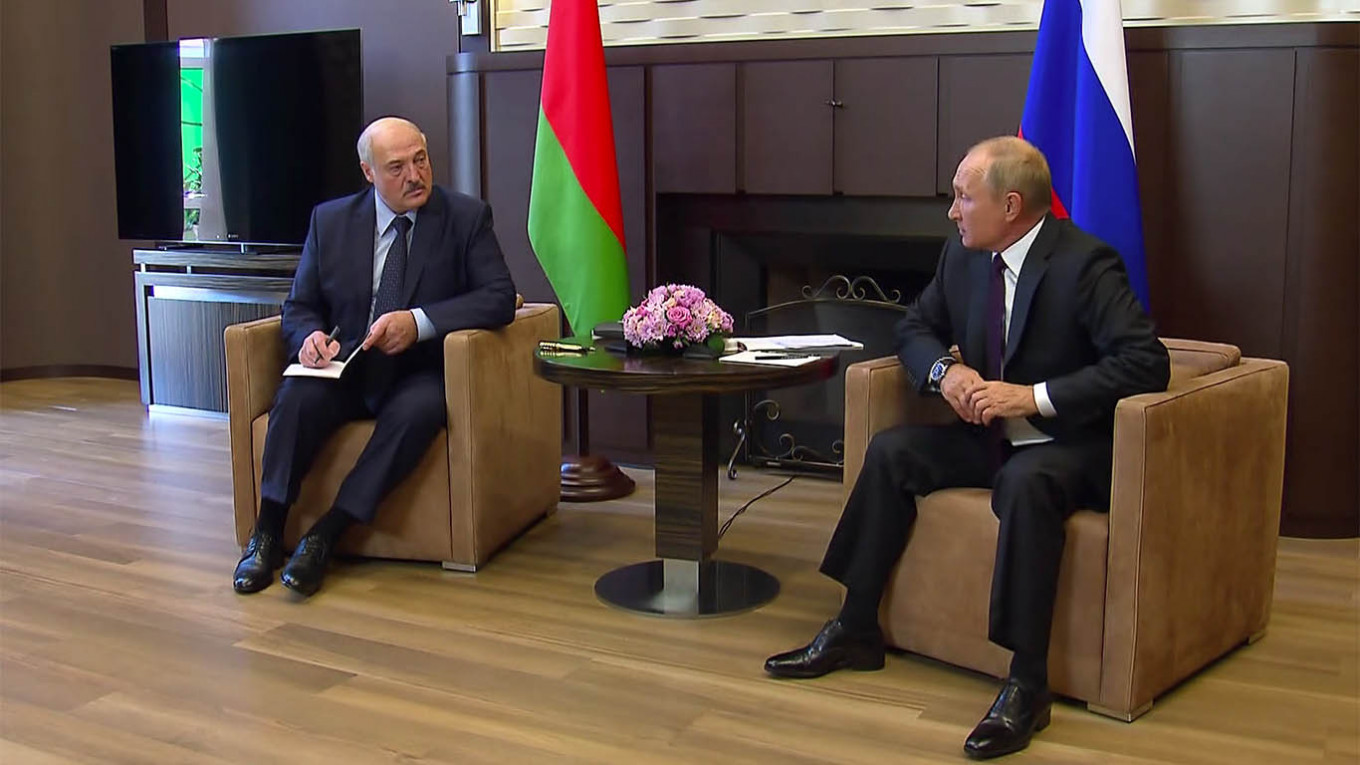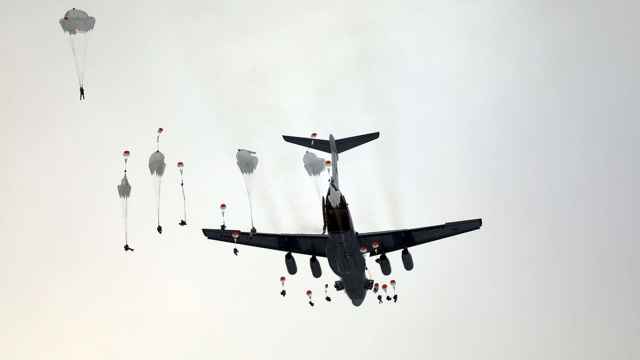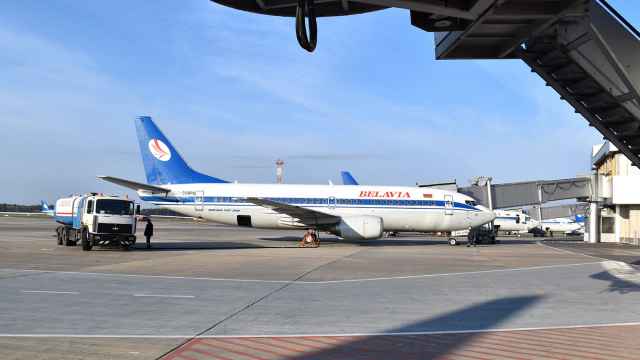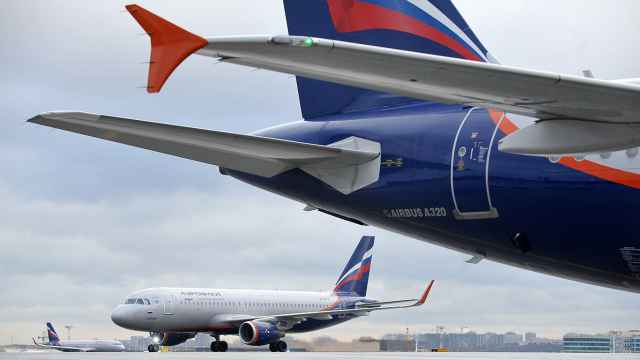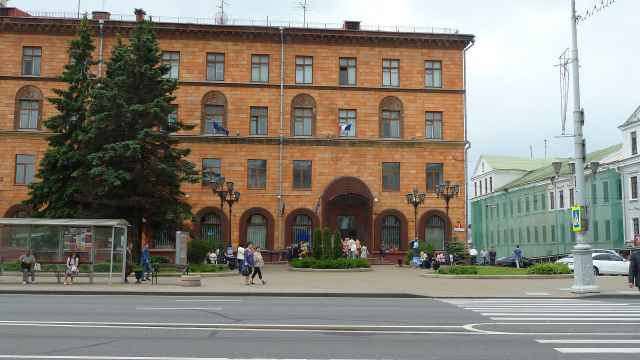The Belarus crisis did not start with the presidential election in August, or even with the Covid-19 epidemic in February. It goes back to Dec. 2018, when Moscow made it clear that Belarus would only continue to receive a discounted price for oil and gas and enjoy preferential access to the Russian market if it agreed to take concrete steps towards a political union, as established by the largely dormant 1999 Union Treaty.
Throughout 2019, negotiations between the two sides continued, coming to a definitive standstill in December. As Lukashenko put it in a speech at the Shklov Newsprint Mill on Jan. 24, he was proud to be the country’s first president but did not intend to be its last.
“Some two years ago I told the president of Russia that no one in Belarus would ever be able to do this. Even if I decide to go for it, Belarusians will get rid of me within one year after the decision is taken,” the Belarusian leader added.
Even after these unambiguous statements, the issue remained fundamentally unresolved. When the coronavirus arrived in Russia and Belarus, it was expected that Putin would start to execute his threats to step up pressure on the Belarusian economy. The fact that Lukashenko looked and felt vulnerable explains why he essentially refused to apply the necessary restrictions to fight the pandemic.
When I had to fly from Istanbul to London in May the only available option was to do so through Minsk. The country was open for business, the only place in Europe where the virus was deemed not to exist, or at least not to pose any health threat.
Increased economic stress also helps explain the outcome after the election fraud. Lukashenko’s legitimacy — already frail after decades of absolute power — was further eroded by a general sense that his government is unable to manage the economy or to create new sources of growth and employment. In fact, without support from Russia, the traditional heavy industry would not survive either. Approximately 90% of Belarus’s electricity and heat is generated by natural gas imported from Russia at below market prices.
Because of the virus, Putin was spared the job of applying the squeeze and he quickly found in Lukashenko a much more receptive audience. Over the past few weeks, his hold on power has been so close to being broken by an angry public that all his energy must now be focused on mere survival. Freedom and autonomy seem less important than personal security and access to the sinecures of power.
His fragility was on display last week when he met Putin. The body language was obvious and likely made explicitly by Lukashenko himself: He needs Putin and wants Putin to understand that he understands how weak his position has become. After all, whether Putin feels inclined to help him — or at least refrains from withholding already existing lifelines — depends on whether Lukashenko can successfully communicate his own weakness. The arrogance from the beginning of the year would be counterproductive.
Of course, none of this means that Lukashenko is about to accept a new job as a provincial governor. Nor is that strictly in the Kremlin’s interest. A rapid Anschluss would disturb the balance of forces, turning an already mobilized Belarusian people against Russia and infuriating a number of European countries. No, the game must be subtler. Putin needs first to extend his grasp of the main institutions in Belarus — the army and the police, the media and the main industrial interests. Within a few years his control of these institutions can be used to smooth the formal transition to a political union.
By then, perhaps Lukashenko will have died. His sons — including heir apparent Nikolai — will be protected and leave for Russia. Lukashenko could also assume a ceremonial role. There is room here for a potential alignment of interests between the Belarusian president and his Russian protector. As Lukashenko put it last week in Sochi, the past month showed that Belarus needs to stay closer to her big brother. The pronouncement contrasted with the very different epigram used in January.
This is a crisis about the ultimate status of Belarus. As the events before the pandemic showed us, the Kremlin regards this question as central to the very status of Russia in the new century. It will not be energy and it will not be ideology bringing Russia back into the concert of Europe. On this point it is the nineteenth century that offers guidance. Russia will become a European country when it is again involved in vital questions of European security.
Putin sees Belarus as central to this task. By reordering its borders with the European Union and encircling the Baltic States — only a narrow strip would connect Lithuania and Poland — the reabsorption of Belarus would turn Russia into an inescapable European security actor. Just in time, as this return to Europe — an unwelcome one across the continent — would help save Russia from the Chinese dragon.
A Message from The Moscow Times:
Dear readers,
We are facing unprecedented challenges. Russia's Prosecutor General's Office has designated The Moscow Times as an "undesirable" organization, criminalizing our work and putting our staff at risk of prosecution. This follows our earlier unjust labeling as a "foreign agent."
These actions are direct attempts to silence independent journalism in Russia. The authorities claim our work "discredits the decisions of the Russian leadership." We see things differently: we strive to provide accurate, unbiased reporting on Russia.
We, the journalists of The Moscow Times, refuse to be silenced. But to continue our work, we need your help.
Your support, no matter how small, makes a world of difference. If you can, please support us monthly starting from just $2. It's quick to set up, and every contribution makes a significant impact.
By supporting The Moscow Times, you're defending open, independent journalism in the face of repression. Thank you for standing with us.
Remind me later.



